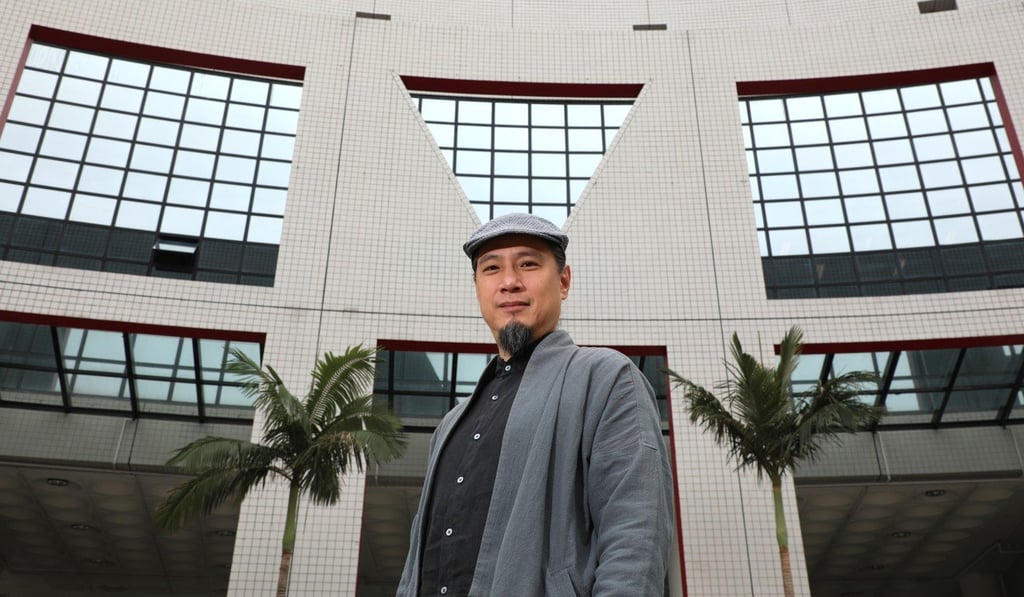People need to wake up to dangers of AI, warns Google ethics adviser
- Hong Kong professor De Kai was named by Google as one of eight members of its Advanced Technology External Advisory Council on AI

With artificial intelligence gradually creeping into more areas of human existence, from surveillance to health scans to McDonald’s menus, one Hong Kong professor has added his voice to those such as Tesla founder Elon Musk that advise humanity to tread cautiously with the new technology.
“AI is the single most disruptive force that humanity has ever encountered and my concern is that so much of the discussion that we hear about now is very incremental,” said De Kai, a professor at the Department of Computer Science and Engineering at Hong Kong University of Science and Technology, in an interview this week. “We are near an era when people can easily produce weapons such as fleets of armed AI drones … the cat is out of the bag.”
De Kai was last week named by Google as one of eight members of its Advanced Technology External Advisory Council, assembled to review and advise the company on the development and deployment of AI technology in the real world. He is the only Asian member in the group.
He is particularly keen to challenge those that have dubbed the advent of the AI era as the “fourth industrial revolution”, pointing out that while past industrial revolutions involved the automation of human brawn – AI is focused on the substitution of human thought and opinions with machine thinking and is therefore different in kind.

“AI is not the fourth of anything. It is the first,” De Kai said. “It’s always comforting to say we’ve seen things like this happening before and we know how to tackle this by drawing lessons from history – absolutely we need to draw lessons from history as much as we can – but we also need to recognise that what we are facing now has no precedent.”
De Kai’s warning aligns him with figures such as Elon Musk, who has likened AI to “an immortal dictator from which we would never escape” to “summoning the devil” and to the technology entrepreneur signing up to a public pledge with other AI researchers to never create autonomous killer robots. Even the late British physicist Stephen Hawking warned that the emergence of AI could be the “worst event in the history of our civilisation”.